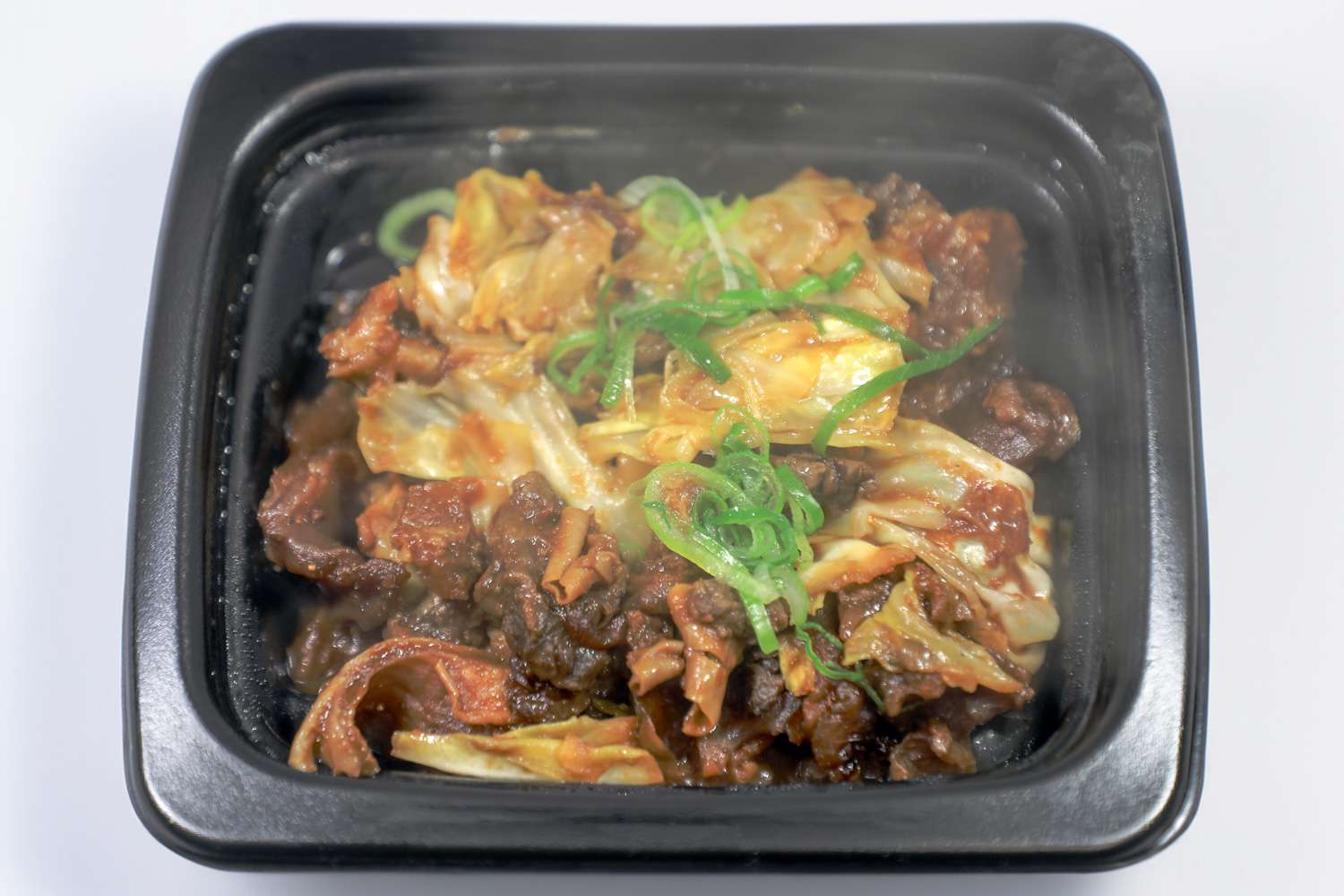Heart Trouble Ahead: Plastic Takeout Containers Could Be Your New Worst Enemy

Alright, fam, gather round because we need to talk about something that’s a bit of a shocker: your trusty plastic takeout containers might be more dangerous than you thought! A new study from Ecotoxicology and Environmental Safety has just dropped, and it’s got some serious implications for those late-night pizza runs and quick Chinese takeout meals. The research gives a big ol’ warning about the potential heart risks posed by eating from those seemingly harmless plastic containers.
Researchers ran some tests on rats, feeding them water exposed to boiling plastic for varying durations—1, 5, and 15 minutes—over a three-month period. And guess what? They found extensive damage to the heart tissue, plus signs of inflammation and oxidative stress, all major red flags when we’re talking about cardiovascular disease (CVD). So, if you thought a little plastic exposure wouldn’t do much harm, think again!
The authors of the study are raising the alarm, highlighting that even short-term encounters with heated plastic can ramp up the CVD risk. Yes, we’re talking about those chemicals in plastic, like bisphenol A (BPA) and phthalates, which are already infamous for their role in increasing heart disease risk. Previous studies have pointed to similar findings, confirming that these endocrine-disrupting chemicals are not just affecting your heart—but giving it major wear and tear.
Now, before you go tossing all your takeout food in glass containers (though that’s not a bad idea), the researchers stop short of calling for immediate policy changes. Instead, they suggest that just being more mindful about using plastic containers for hot food can save you from possible long-term health issues. It’s all about making those little changes, like saying no to takeout in plastic and opting for alternatives whenever possible.
So, the moral of the story? Your convenient plastic food containers might just be ticking time bombs for your heart health. Better start planning those meal preps in something safer, because when it comes to your heart, it’s always better to be safe than sorry!
Sources: Celebrity Storm Wire and Ecotoxicology and Environmental Safety, Healthline, The Journal of Clinical Endocrinology & Metabolism




